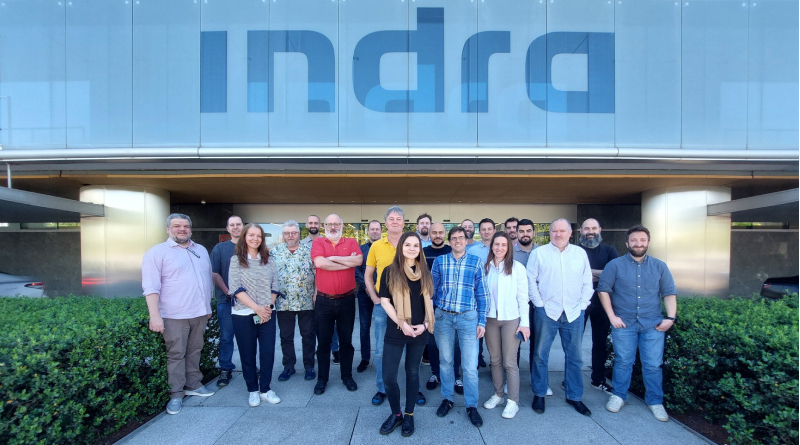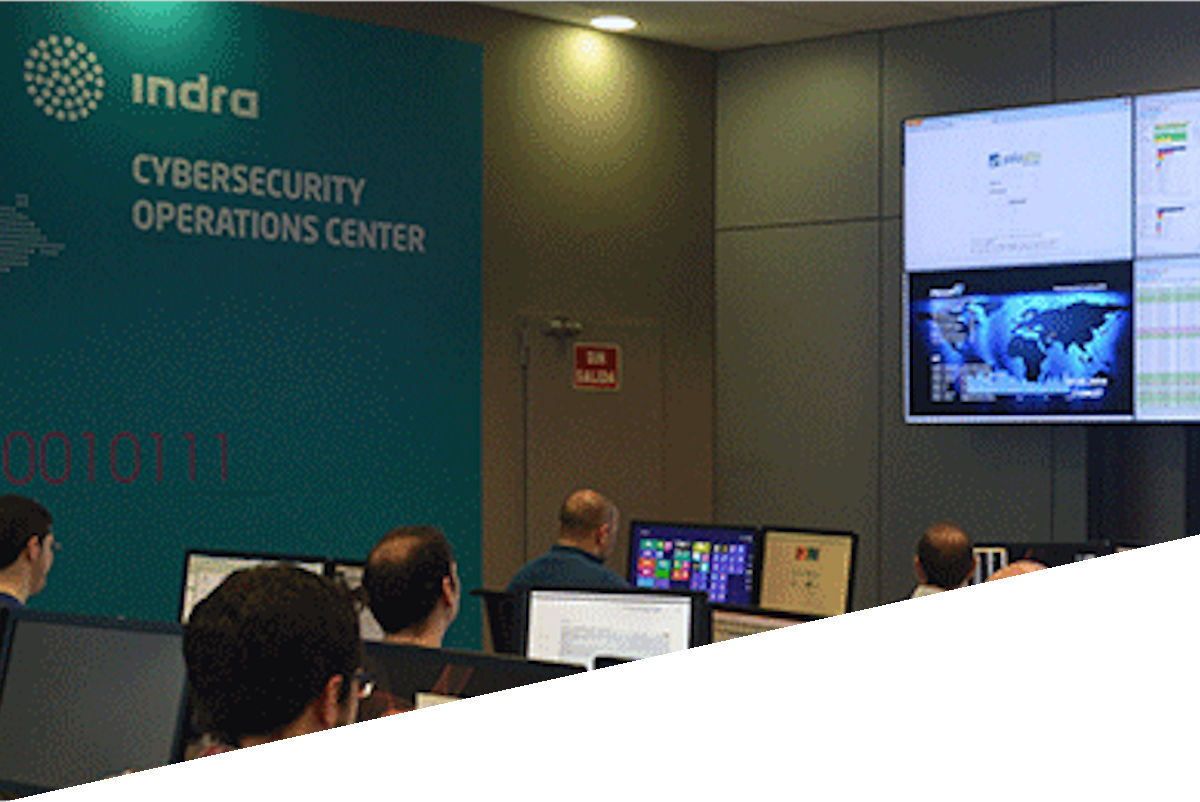DataSpace|Data Share Plenary Session (DS2)
During April 16-18, 2024, the first plenary session of the European DataSpace|Data Share (DS2) project was held at Indra’s headquarters in Madrid.
During this session, the seventeen participating partners of the consortium met to share experiences, points of view and work on the evolution of the European DataSpace Innovation Project that started in January.
What are data spaces?
Data spaces are infrastructures that will enable data transactions between different parts of a data ecosystem based on the governance framework of the data space.
Therefore, data spaces are ideal infrastructures for situations where data is distributed among multiple owners and it is necessary to establish trust in the exchange of data, with data sovereignty and control being vital. Thus, a data space can act as a service for an individual organization to help find and access data sources, control the sharing of those sources, and serve to manage those data sources.
Data space limits
One of the points discussed in the plenary session was to establish the limits of the so-called data spaces. Based on the idea of the sovereignty of these spaces, the space is considered a unit with its own entity, that is, each one of them has its own identity, autonomy and rules, governance, management and maintenance system. This is a great challenge that DS2 faces when looking for solutions that allow the exchange of information in a secure way.
The main characteristics that a data space must meet are:
- Assist in finding data sources.
- Assist in accessing those data sources.
- Control data ownership and access.
There are three levels or domains of application with different objectives:
- Social level: create an environment of trust.
- Technological level: develop solutions that facilitate secure exchange.
- Business level: reduce information access costs.
Solution approach
The plenary meeting focused on the technological level where, in addition to Minsait, IBM, Software AG, ICE, VTT or the University of Southampton, among others, actively participated.
The DS2 Toolkit concept was introduced, a set of tools that would cover the main requirements for access and interoperability of existing data spaces. It was concluded that DS2 will not create a new global data space, but will provide the necessary tools that the existing ones lack.
These tools seek to support the basic characteristics of the data space, with the objective of:
- Generate trust.
- Publish and search a data offer.
- Manage access to the data.
- Manage data sharing.
- Control the use of the data.
Minsait’s participation with Onesait Platform
Within the Innovation Project, Minsait will work on the data part, focusing mainly on data orchestration, contract, monetization, trust and restriction, as well as on its lineage throughout the entire life cycle.
For this purpose, Onesait Platform will be used as the platform for ingesting, storing and managing the data. These developments will be carried out in accordance with IDS (International Data Spaces) and Gaia-X specifications. One of the main areas where Minsait will work will be to develop the module for compliance with the policies and contracts established for data exchange, as well as a data transformation module to facilitate data exchange between providers and consumers.

Conclusions
The plenary meeting has been a valuable and enriching experience for the members of the project. Throughout these three days, we have been able to exchange ideas and experiences that will help in the evolution of the project in the coming months, as well as to define the work points and tasks to be carried out by the members.
About DataSpace|Data Share (DS2)
DS2 is a Horizon Europe Project that brings together researchers and practitioners from diverse disciplines to advance the development of new solutions in the field of data spaces. DS2 aims to ensure that the complex lifecycles of cross-sector data exchange, aggregation and provenance are carried out in a trusted, people-centric way, with common structures, exportability and knowledge, while protecting the rights of data owners and compliance with European regulations.
This project, with file number 101135967, has been funded by the European Commission under the Horizon Europe program.







